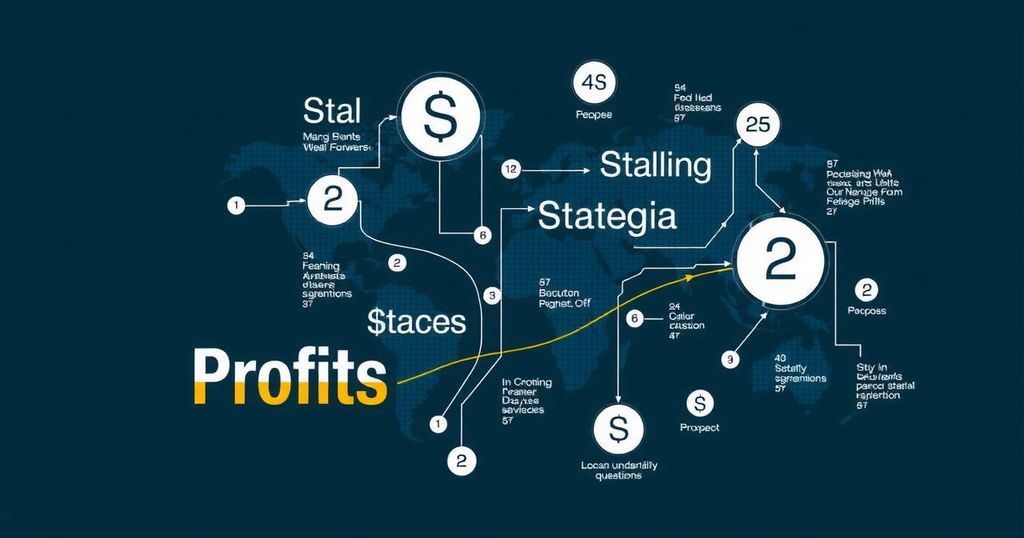Summary
In today’s rapidly evolving technological landscape, the importance of embracing environmental responsibility has reached unprecedented levels. The tech industry, which significantly contributes to global emissions, must accept its role in fostering sustainability. Marco Pimentel, Chief Marketing Officer at Redbrick and founder of Unless Ventures—a firm dedicated to investing in sustainable brands—advocates for a dual focus on purpose and profit. He posits that technology firms must not only strive for profitability but also prioritize their social responsibilities. Pimentel, who also hosts the podcast “Someone Like You,” explores how corporations can integrate environmentally conscious practices into their core strategies. Redbrick, recognized as a Certified B Corporation and a leading employer in Canada, serves as a model for other tech enterprises looking to harmonize their financial objectives with broader societal goals. The technology sector plays a pivotal role in shaping our global economy and our environment, accounting for over 15.5% of the world’s gross domestic product (GDP) and emitting approximately 2% of all greenhouse gases—outpacing even the aviation industry. As projections indicate that tech emissions may escalate to 15% of global emissions by 2040, immediate action is essential. Pimentel emphasizes that technology companies possess the capacity to drive meaningful change. With a workforce that has expanded dramatically in recent years, particularly within Europe and the United States, the tech industry is uniquely positioned to influence social norms around employee welfare. Companies should champion progressive employee benefits and embody inclusivity to attract and retain top talent, ultimately benefiting both the organizations and their employees. Additionally, diversity is crucial for innovation in tech. The sector must evolve its commitment to inclusion beyond mere representation, actively incorporating diverse perspectives to enhance product development and cater to a wider audience. This inclusive approach fosters innovation, which is vital for sustained success. At Redbrick, B Corp Certification has provided a robust framework for evaluating and improving the company’s social and environmental performance. Such mechanisms allow businesses to assess and amplify their impact while reinforcing commitments to ethical practices. Pimentel provides actionable recommendations for tech companies. Prioritizing climate action is a key area where the tech sector can significantly impact. Organizations should conduct comprehensive audits of their carbon emissions and explore opportunities for sustainable practices, such as investing in alternative energy sources and fostering circular economies through product design. Furthermore, to cultivate a truly diverse workforce, tech companies should engage with local communities and educational institutions, promoting mentorship and support for underrepresented groups pursuing technology-related fields. In closing, the fusion of profit and purpose is not only attainable but essential for the future of the tech industry. Firms must embrace accountability and transparency to drive substantive change. As custodians of significant societal influence, tech companies are called to construct an inclusive, equitable, and sustainable future, thus redefining the essence of technology in our modern world.
Original Source: thecsruniverse.com

Leave a Reply